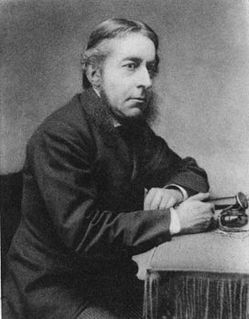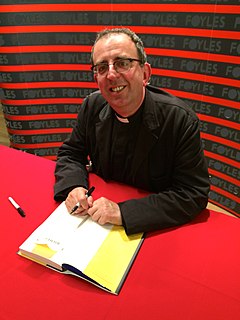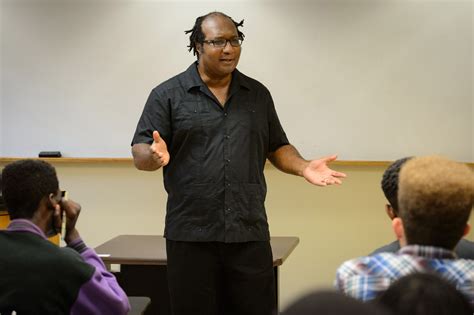A Quote by Joseph Henry Shorthouse
"The Church of England," I said, seeing that Mr. Inglesant paused, "is no doubt a compromise."
Quote Topics
Related Quotes
I'd signed up not just for Christianity but the established Church of England. That has a particular history and I think we rather lost it in the 19th Century, we became so much part of empire and colonialism, the language of the Church Of England still reflects that Victorian time. As the 20th Century developed, not surprisingly people left the church and I can see the church's role in losing people.
The morality of compromise' sounds contradictory. Compromise is usually a sign of weakness, or an admission of defeat. Strong men don't compromise, it is said, and principles should never be compromised. I shall argue that strong men, conversely, know when to compromise and that all principles can be compromised to serve a greater principle.
Mr. Branwell and Mr. Carstairs seem to have no problem cleaning their boots,” Sophie said, looking darkly from Will to Tessa. “Perhaps you could learn from their example.” “Perhaps,” said Will. “But I doubt it.” Sophie scowled, and started off along the corridor again, her shoulders tightly set with indignation. Tessa looked at Will in amazement. “What was that?” Will shrugged lazily. “Sophie enjoys pretending she doesn’t like me.” “Doesn’t like you? She hates you!
In the 20th century, the position of the monarch as head of the Church of England was given a meaning which it never had before. You took the fact that the monarch was head of the Church of England to mean that the British monarchy was itself a religious or moral institution and the monarchy became a symbol of national public morality.







































